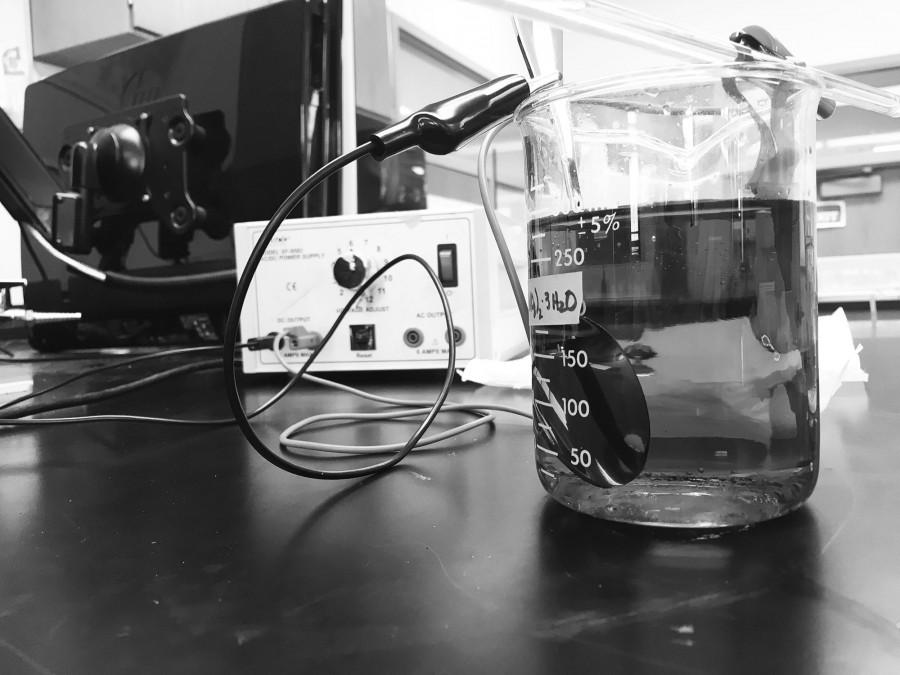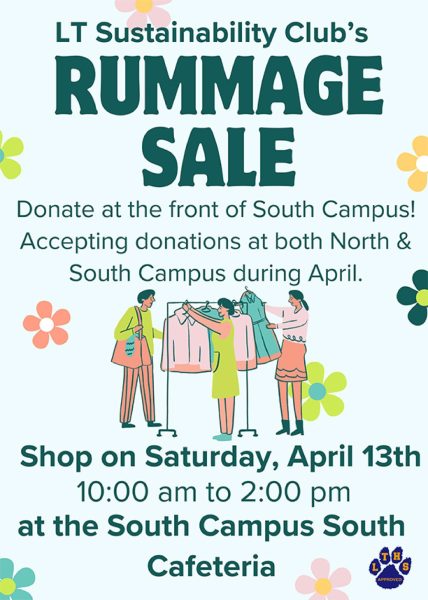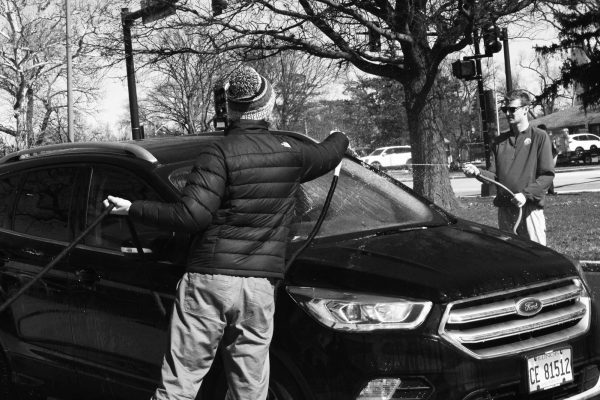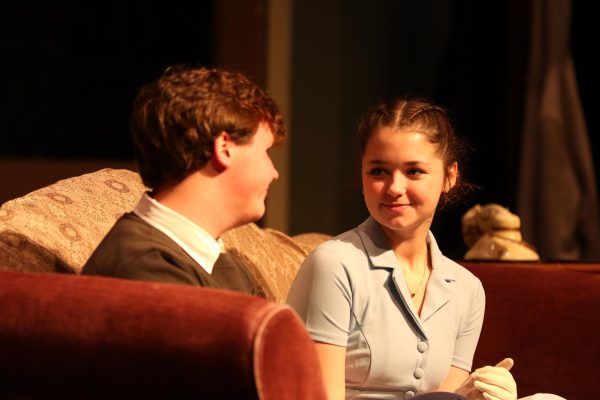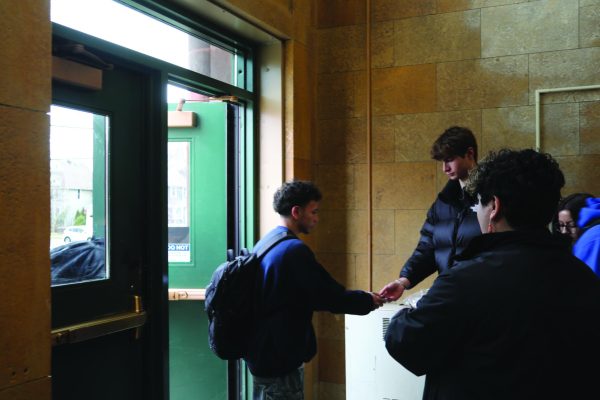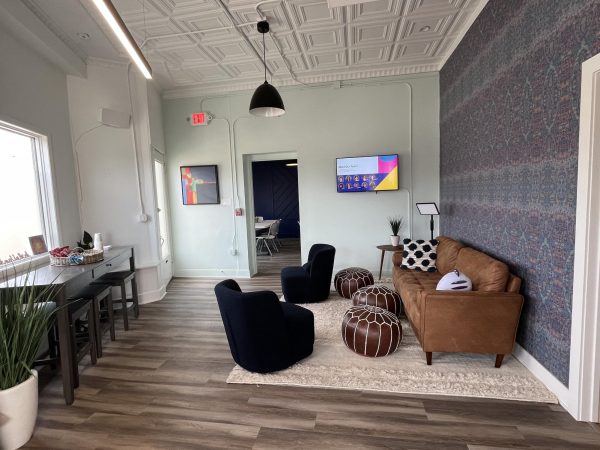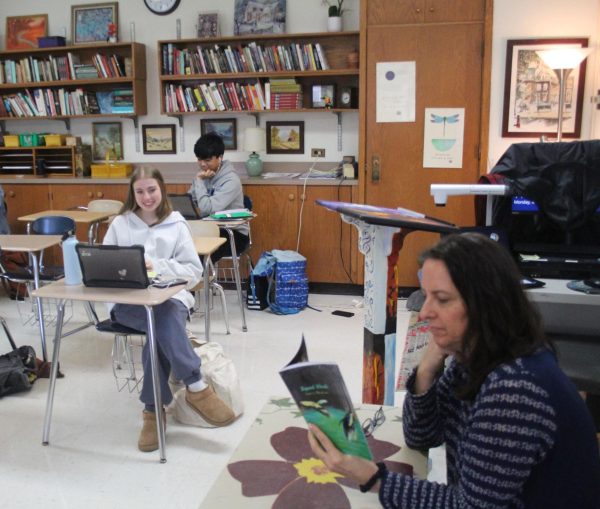Senior carries out independent study
Student pursues personalized class, participates in experiment
The experiment involves blue process and the spoons are covered in copper, stainless steel and zinc (Julia Kiely).
March 1, 2016
After being inspired by British professor Mark Miodownik’s scientific journal, “Stuff Matters,” Julia Kiely ‘16 decided to design her own class senior year that would allow her to further explore the connection between material science and psychophysics.
Kiely emailed Miodownik who suggested that she pursue research in sensoaesthetics—an extension of science that investigates why we prefer certain materials in our lives due to our senses.
“First semester I took a psychology course through MIT,” Kiely said. “Then I researched the senses and how our perception of the senses changes based on who we are, for example super tasters are people with more mechanoreceptors on their tongues.”
This semester Kiely has moved into the experimental phase of her course. Kiely chose to extend Miodownik’s research by covering everyday, household utensils with different metallic substances.
Her goal is to create a chemical reaction through the metal that that will make foods high in salt and cholesterol to taste bad to people with heart conditions or other cardiovascular diseases.
“The most unique aspects about the experiment itself is that is shows how the brain functions and it touches on the senses and the unconscious mind,” chemistry teacher Brian Falli said. “[The experiment] asks you which one of these is more bitter and you have to decide. Even if you can’t tell what is more bitter when you pick the substance, you end up choosing the more bitter one, 95 percent of the time.”
Kiely plans to finish her project by April 30 in order to present her findings to the Percy Julian Symposium at Oak Park River Forest High School.
“I think [Kiely’s idea] is a very novel approach, I’ve never heard of anything like it,” Diana Kafkes ‘16 said. “Moving forward into college I think Julia could easily write a grant proposal to the National Science Foundation in order to pursue her research in the future.”
While LT denied her proposal for a $1,500 grant to register her experiment with the government, Kiely remains optimistic about publishing her research in college.
“If I email my research to schools that I get accepted to, sometimes they will also support what I’m doing right now and they will give me the government funding,” Kiely said. “I can then do the tests on a wider scale and get published.”


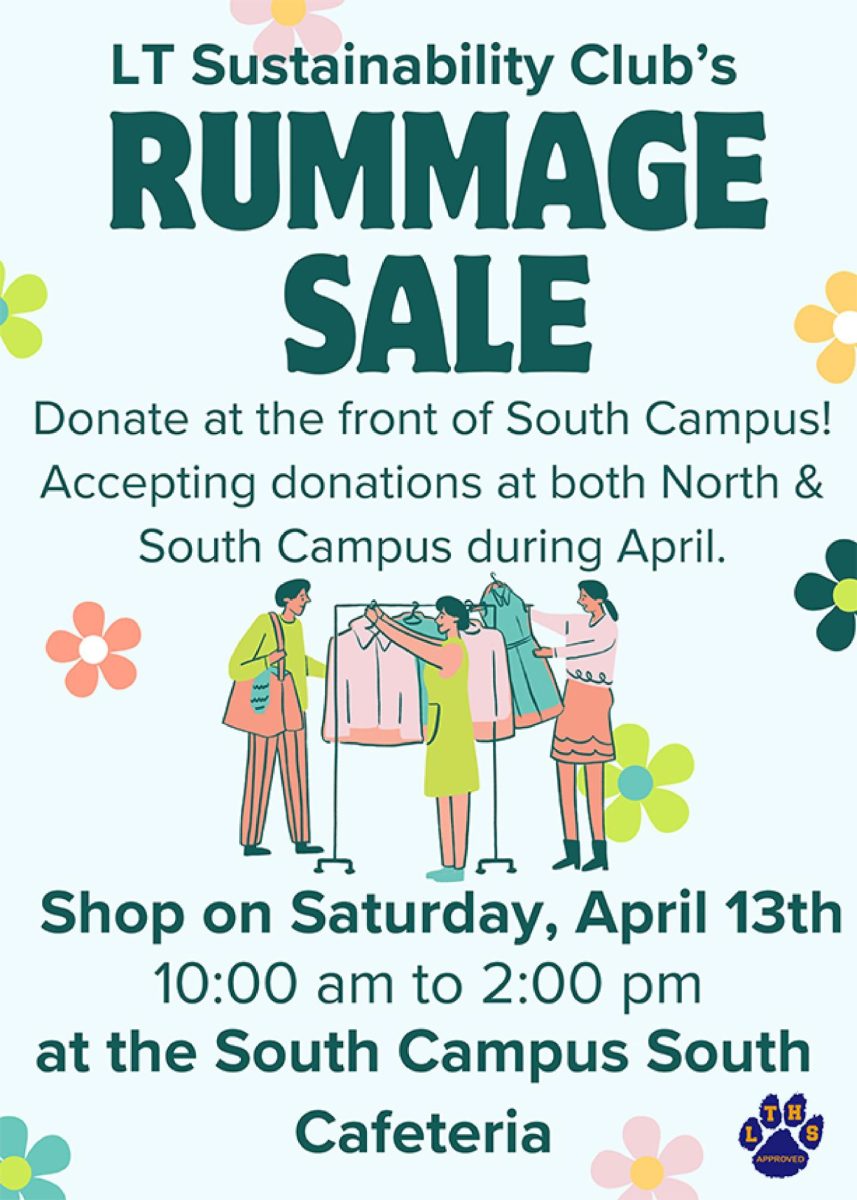

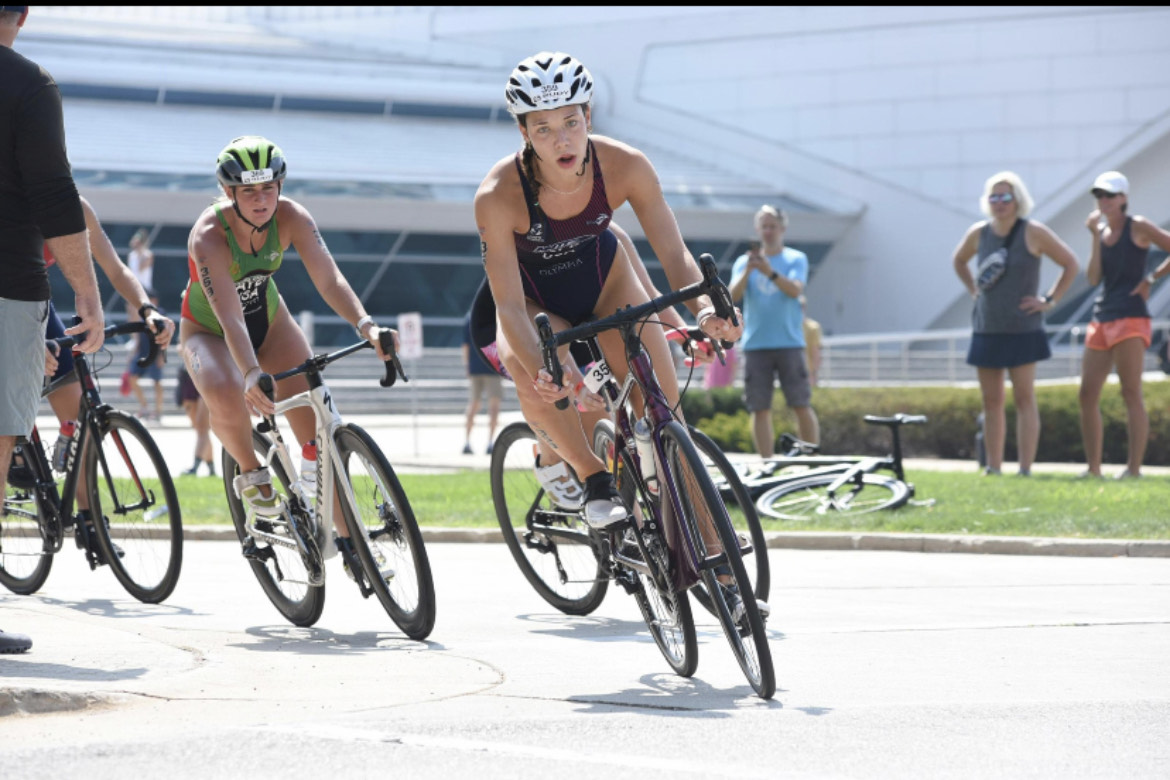
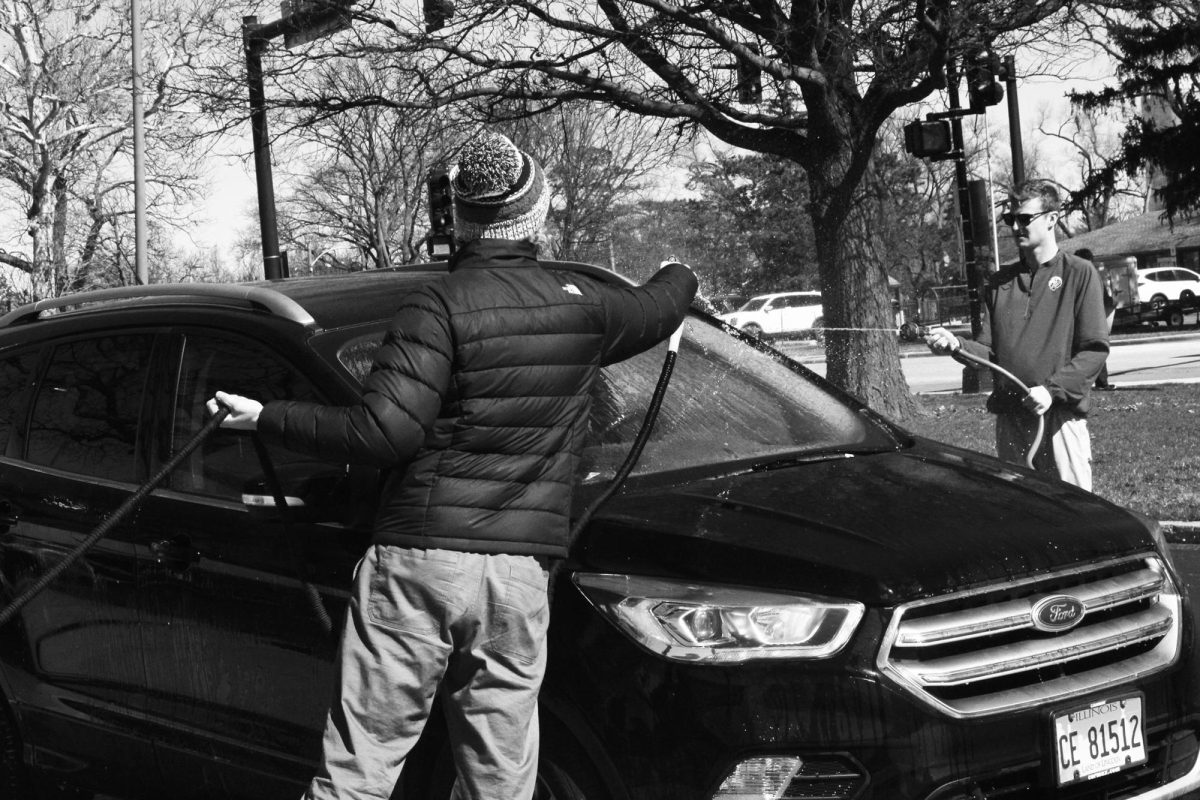
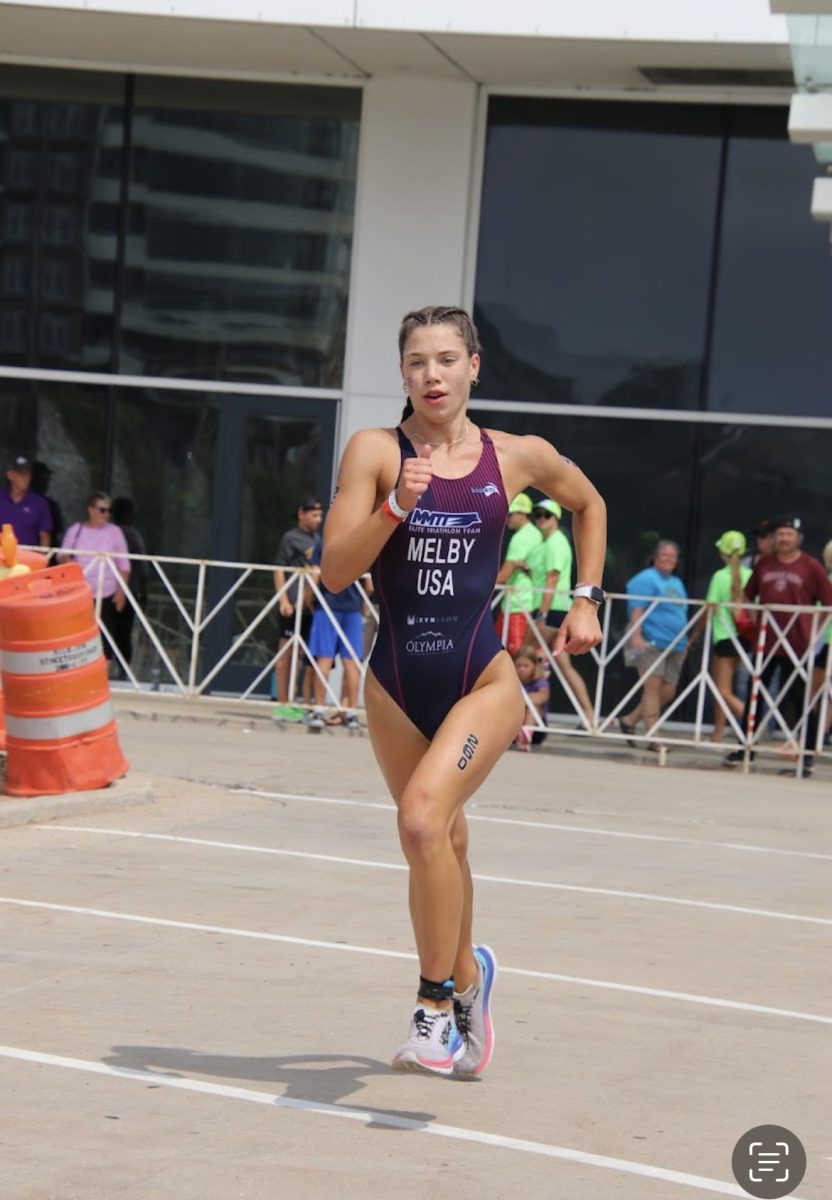
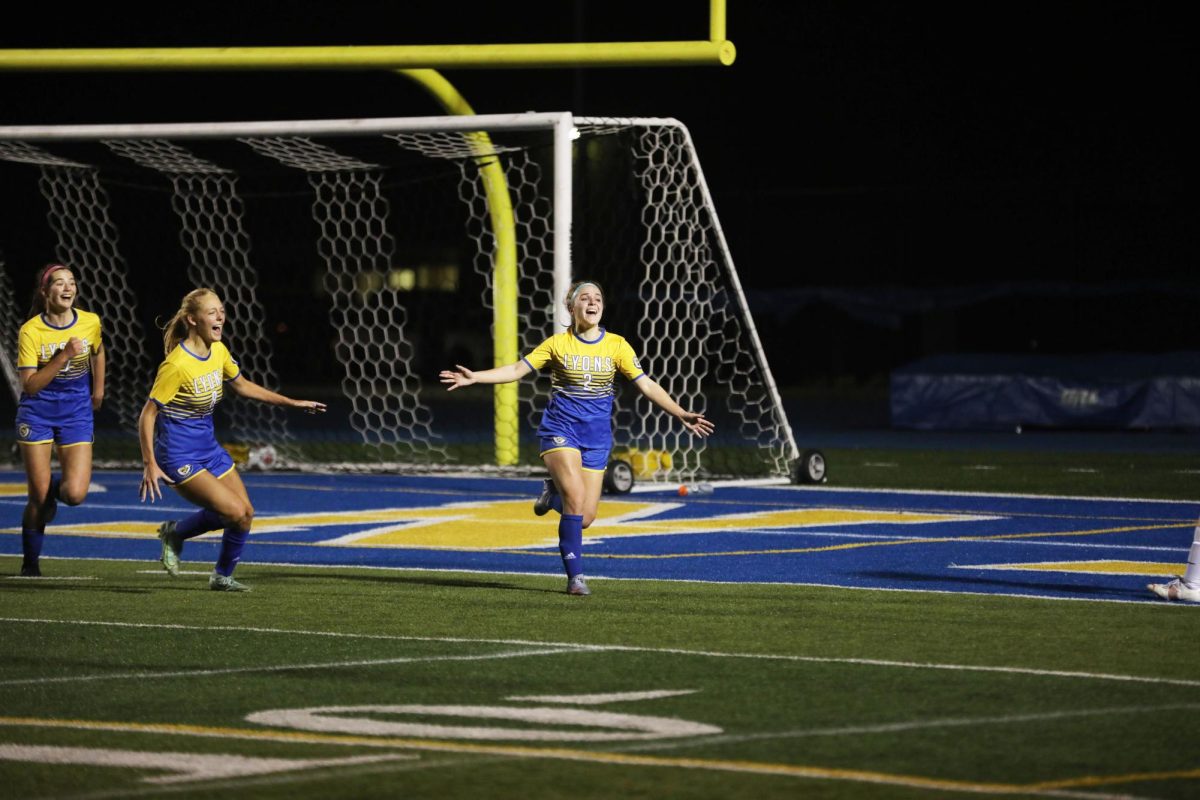
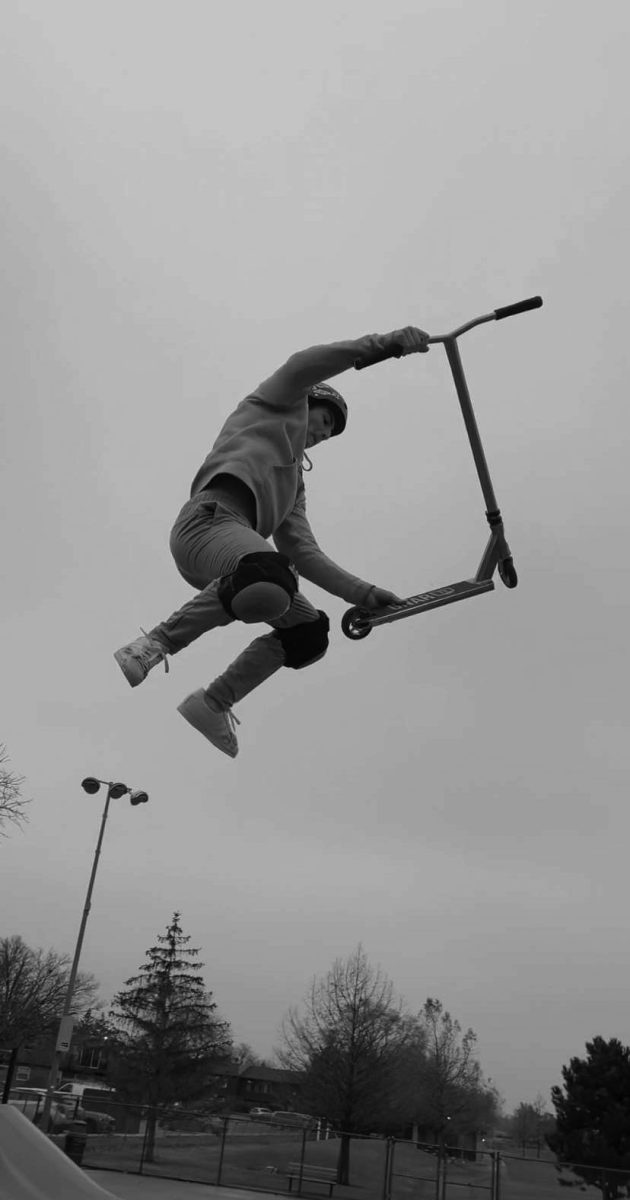
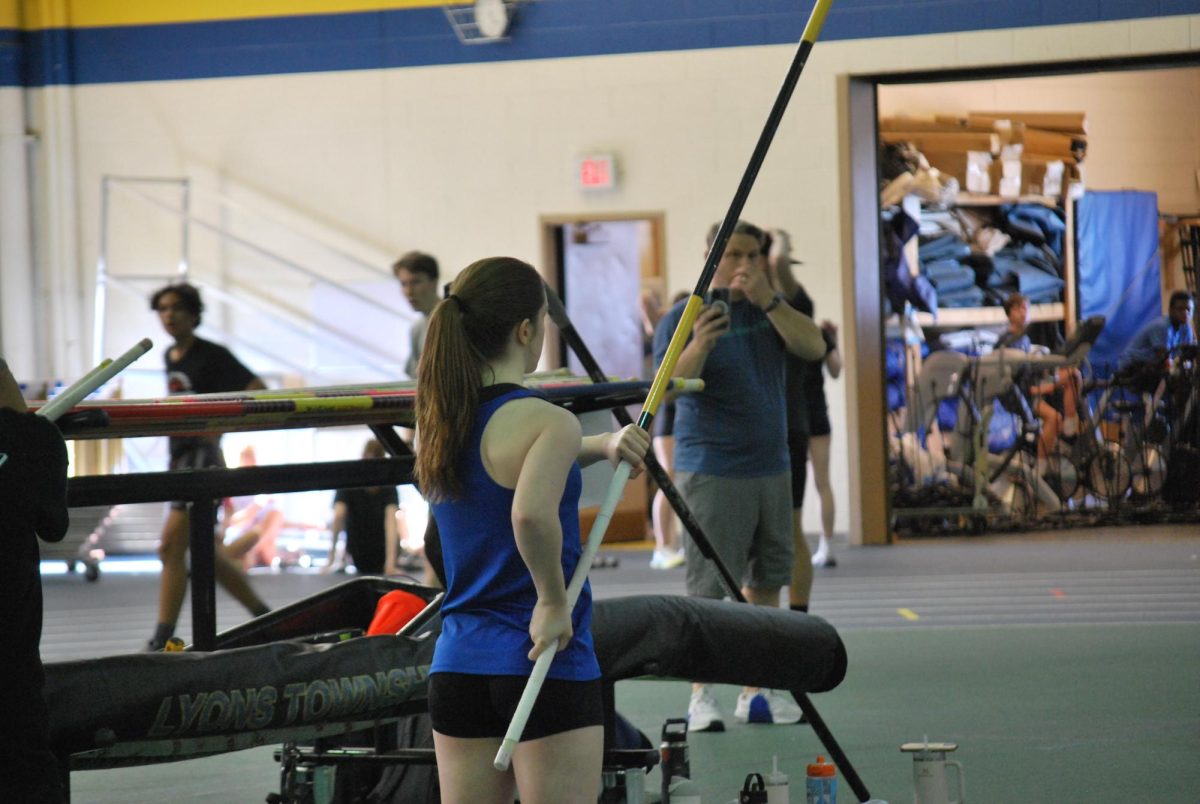
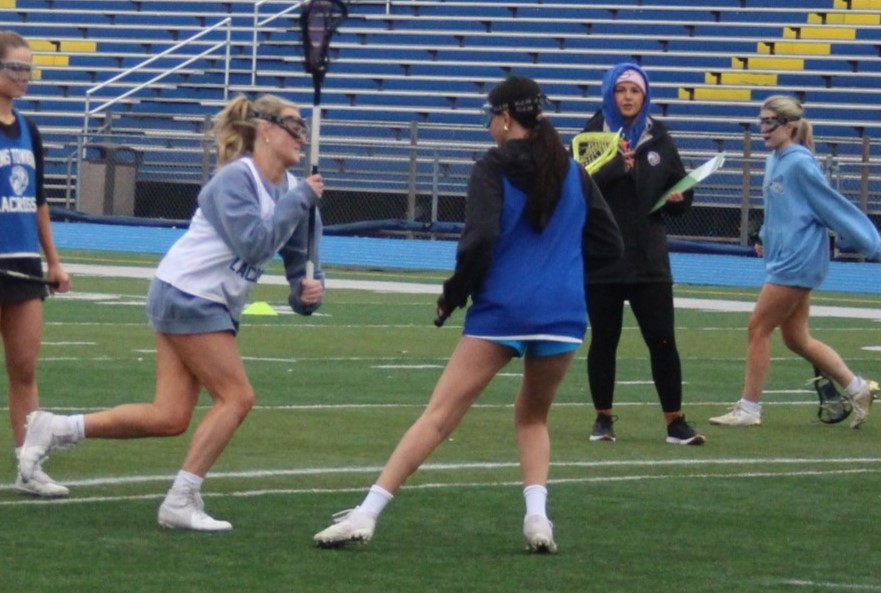
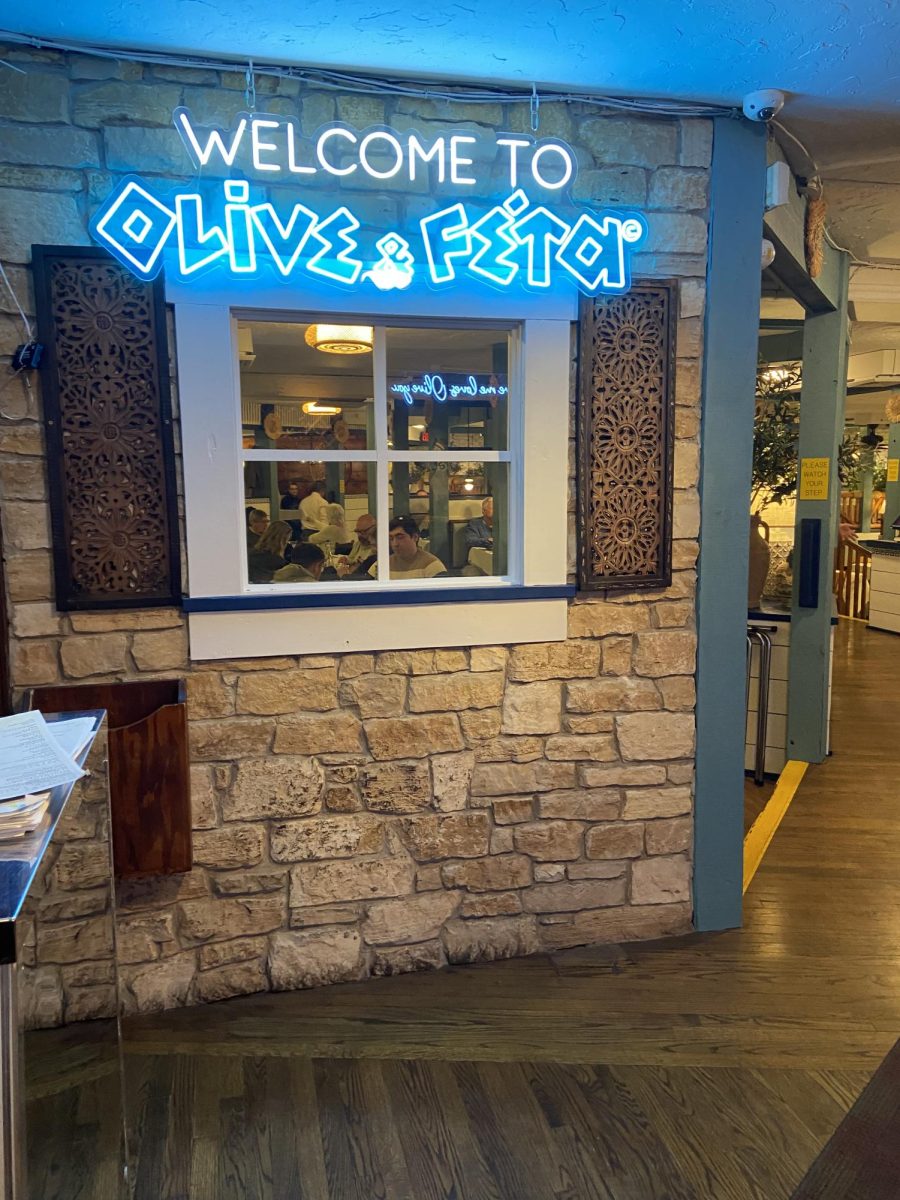
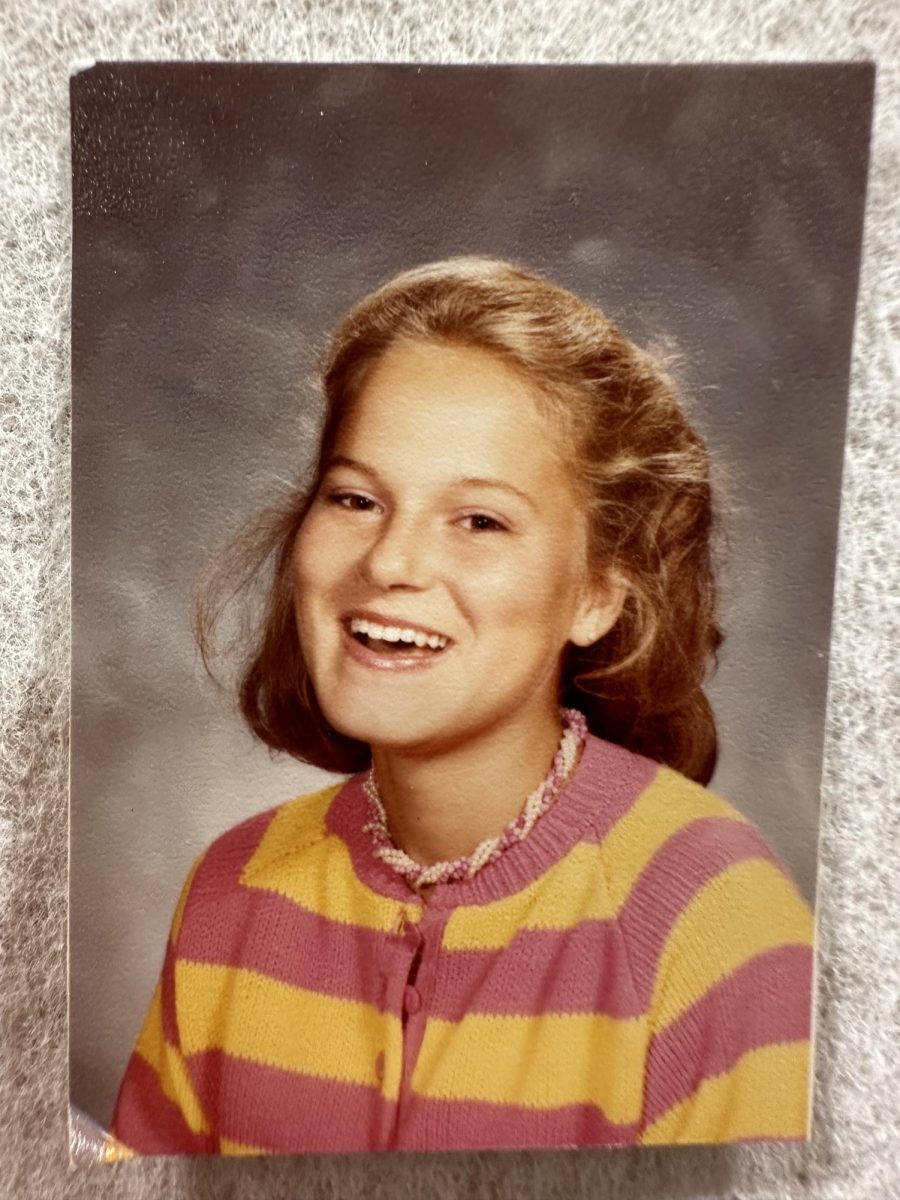
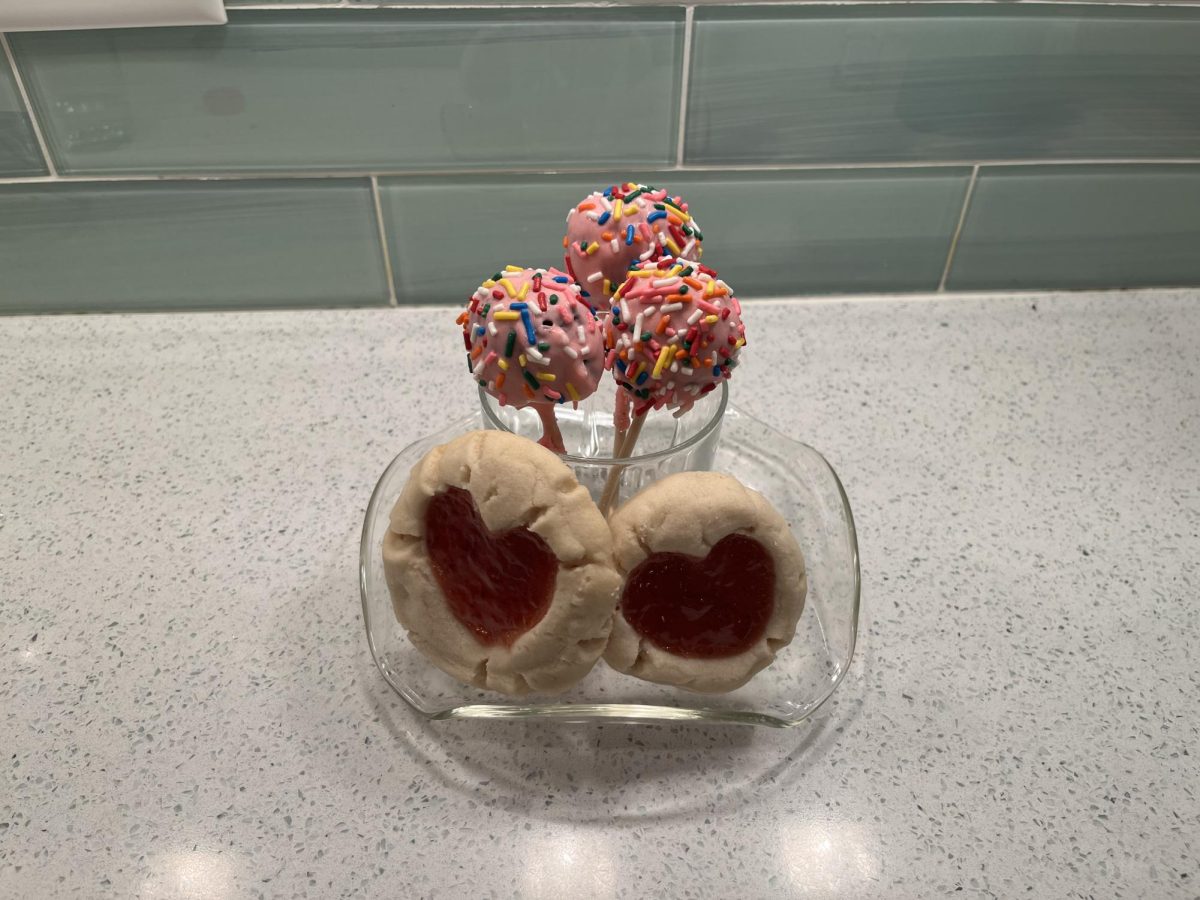
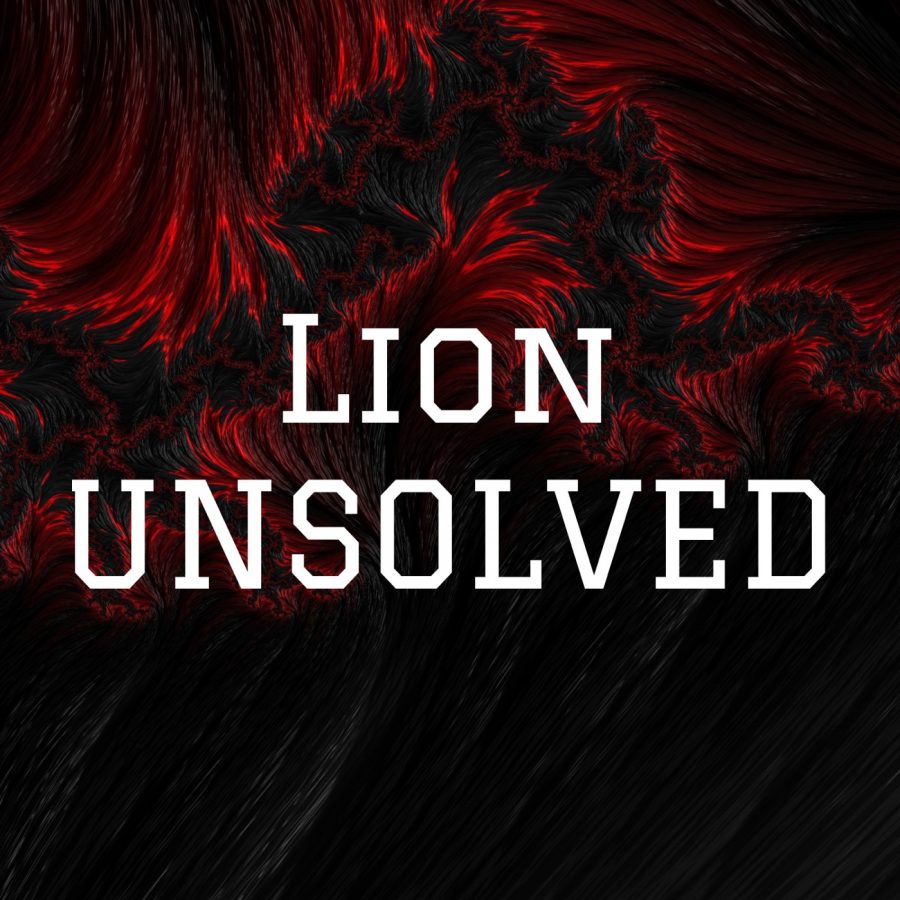
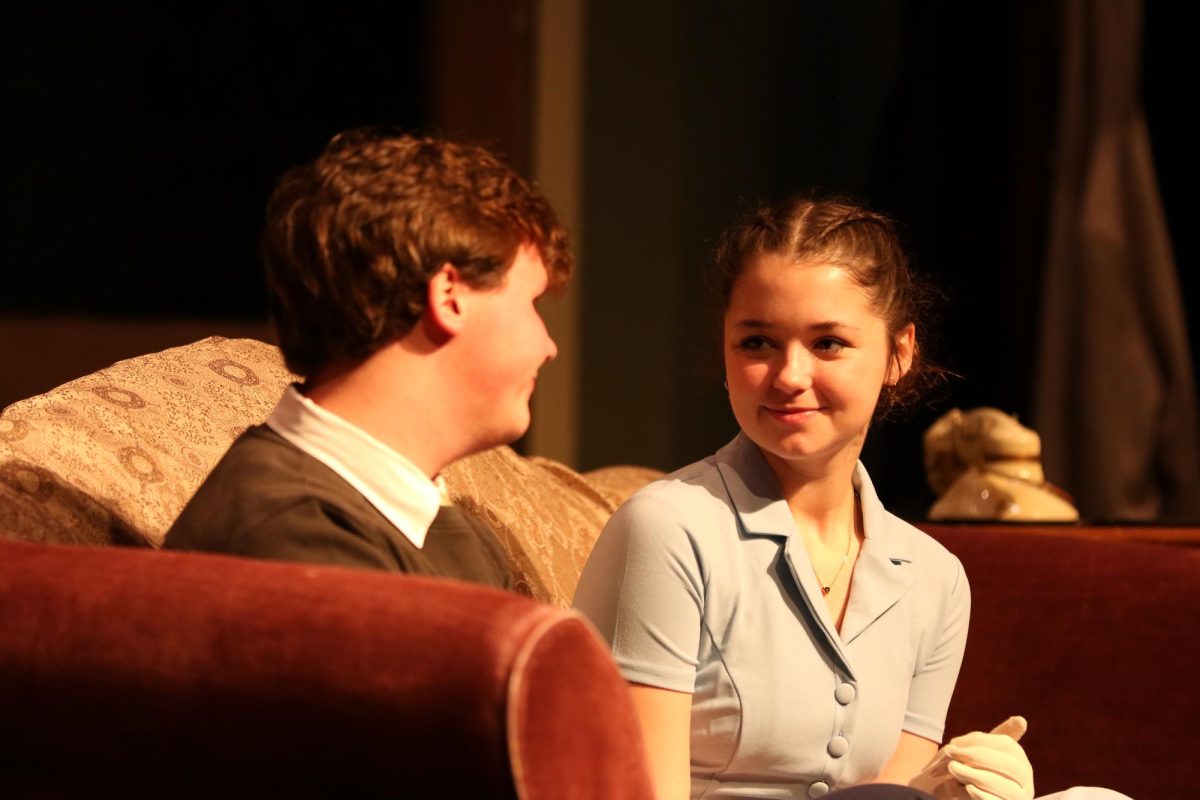


![Movie poster for [Rec] (2007).](https://www.lionnewspaper.com/wp-content/uploads/2023/04/rec-640x900.jpg)

